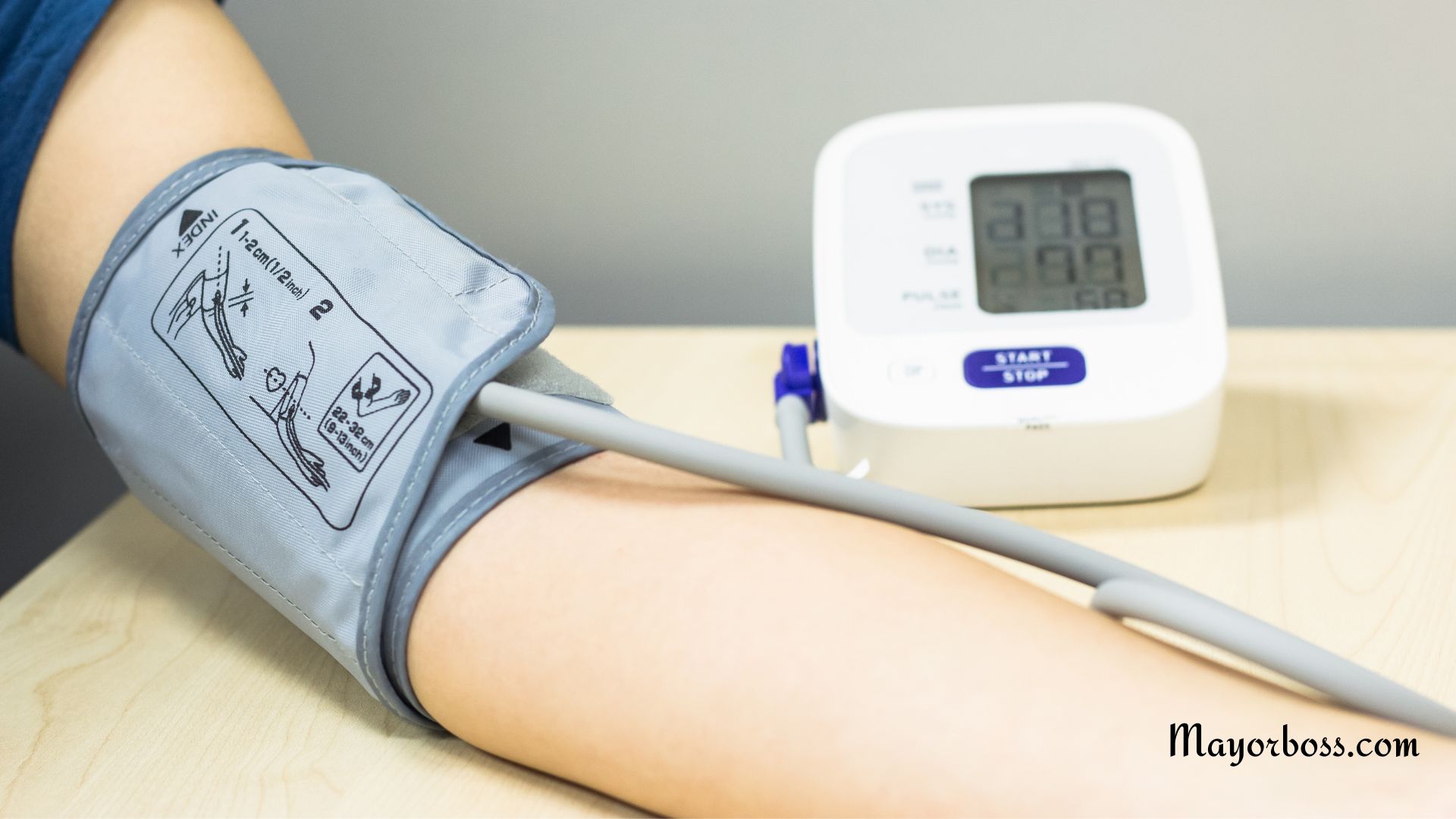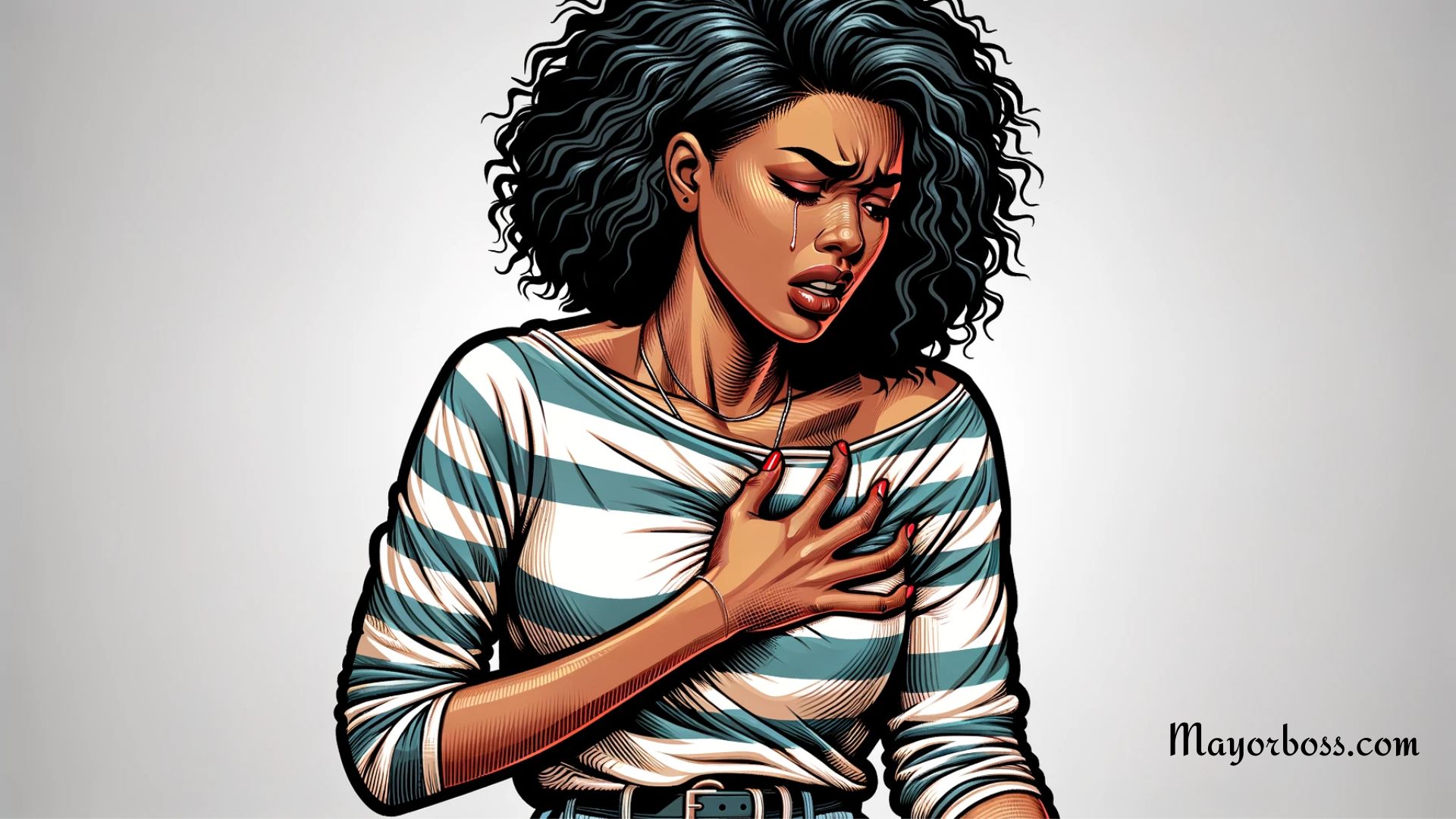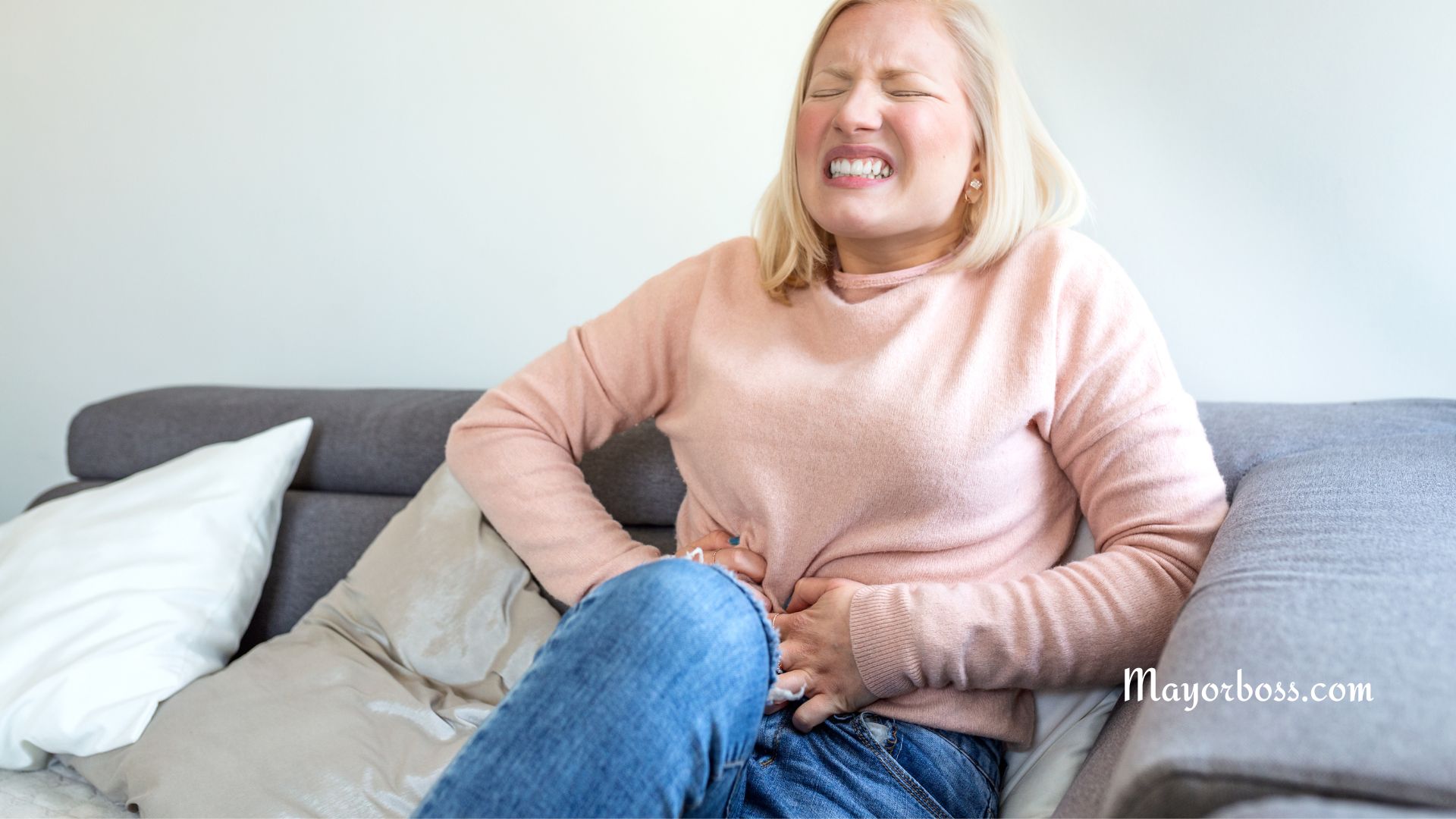Signs You Might Be Low On Estrogen
Estrogen, a hormone that’s associated with various bodily functions, might be at lower levels than it should be. This hormone plays a significant role in numerous processes, including menstrual cycles and reproductive health. However, what happens if your body is running low on estrogen? What signs should you look for? We will explore this today.
Key Takeaway
Low estrogen can impact your body in numerous ways, including affecting your mood, menstrual cycle, and even hot flashes and excessive sweating at night. Getting to know the signs of low estrogen is the first step toward getting the necessary help.
What is Estrogen?
Estrogen is a group of hormones primarily responsible for the development and regulation of the female reproductive system. However, estrogen isn’t exclusive to women; it’s present in men too, albeit in smaller quantities.
In the female body, estrogen aids in the development of secondary sexual characteristics like breasts and a widened hip structure. Additionally, it helps regulate menstrual cycles and impacts various other functions.
Signs of Low Estrogen
Low estrogen can manifest in numerous ways. While these symptoms may vary from person to person, they can be key indicators that you should seek medical advice.
Irregular Periods
First of all, one sign that you may be low on estrogen is irregular periods. Women with lower estrogen levels often experience changes in their menstrual cycle. For instance, your periods may become more sporadic, or you may skip periods altogether.
Mood Swings
Another sign could be mood swings. If you find your mood fluctuating more than usual, it might be due to a change in your hormone levels. Specifically, low estrogen can lead to feelings of sadness, irritability, or even depression.
Low Sex Drive
Estrogen also has a crucial role in regulating libido. If you’ve been feeling less interested in sexual activity, it could be a sign of low estrogen.
Hot Flashes and Night Sweats
If you’ve been experiencing hot flashes or night sweats, low estrogen might be the cause. They can be particularly troublesome during the night, disrupting sleep patterns. As such, chronic fatigue might be another sign of low estrogen levels.
Physical Changes
Physical changes such as weight gain, dry skin, and thinning hair can also be indicative of low estrogen levels. Estrogen affects the distribution and storage of fat in the body, and low levels can lead to weight gain, particularly around the abdomen.
Furthermore, tender breasts and decreased breast fullness can also indicate low estrogen. Moreover, you might notice an increase in urinary tract infections due to changes in the urinary tract and bladder caused by lower estrogen levels.
Why You Might Have Low Estrogen
There are numerous reasons why your estrogen levels may be low. For example, age plays a significant role, as estrogen levels decrease naturally during perimenopause and menopause.
Besides, lifestyle factors such as excessive exercise, eating disorders, or significant stress can also contribute to low estrogen levels.
Additionally, certain medical conditions, such as polycystic ovary syndrome (PCOS) or autoimmune diseases, can cause low estrogen.
Consequently, if you notice these signs, it’s crucial to get checked by a healthcare professional.
How to Deal with Low Estrogen
So, what can you do if you’re low on estrogen? There are various approaches that you can try.
Hormone Replacement Therapy
One of the most common treatments for low estrogen is hormone replacement therapy (HRT). Yet, HRT may come with its own set of risks and side effects, so it’s essential to discuss this option thoroughly with your doctor.
Lifestyle Changes
Lifestyle changes can also make a significant difference. This includes maintaining a healthy diet rich in phytoestrogens, a type of plant estrogen that mimics the function of human estrogen.
Foods like soy, flaxseeds, edamame, tofu, chickpeas, quinoa, and certain fruits and vegetables are rich in phytoestrogens. Regular exercise can also help balance hormone levels.
Supplements
You may consider natural supplements, such as black cohosh or evening primrose oil, which some studies suggest may help manage symptoms of low estrogen. However, always consult with your healthcare provider before taking any estrogen supplement.
Conclusion
Ultimately, being low on estrogen can significantly affect your life. If you recognize any of these symptoms, it’s important to consult with your doctor or gynecologist to get a proper diagnosis. Remember, recognizing the problem is the first step toward managing it. Hormonal imbalance is not a life sentence; with the right help and lifestyle changes, you can maintain a healthy, balanced life.






